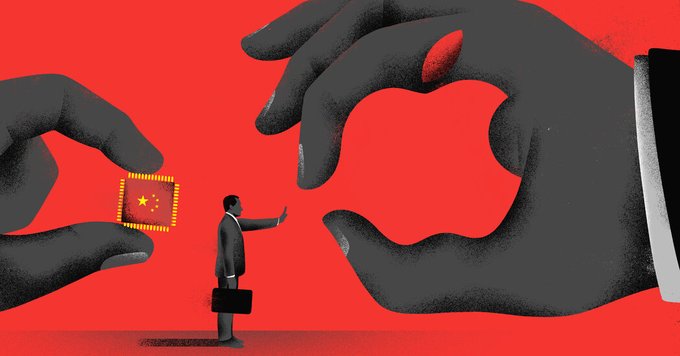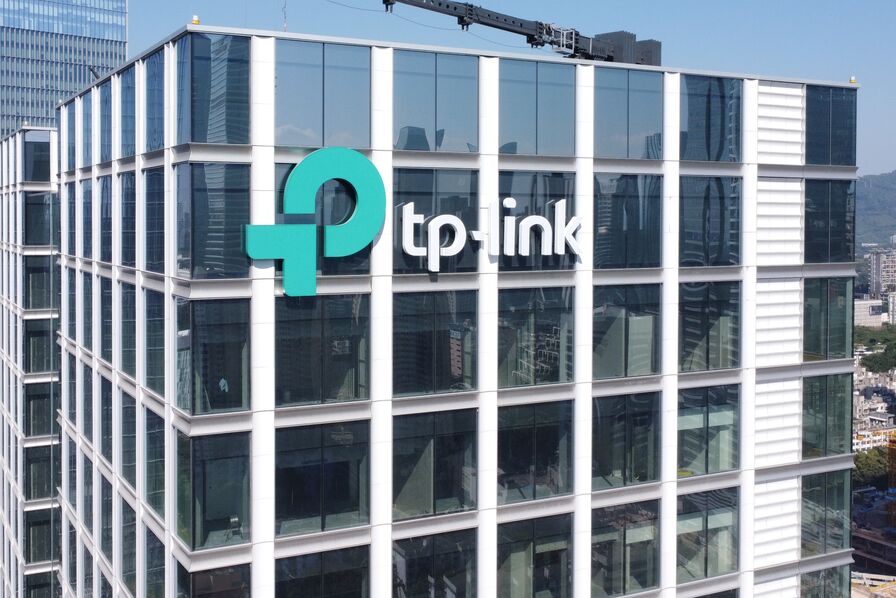Lawmakers’ objections to an obscure Chinese semiconductor company and tough Covid-19 restrictions are hurting Apple’s ability to make new iPhones in China.
Every September, Apple unveils its latest phones at its futuristic Silicon Valley campus. A few weeks later, tens of millions of its newest handsets, assembled by legions of seasonal workers hired by its suppliers, are shipped from Chinese factories to customers around the world.
The annual release of Apple’s iPhones usually runs like clockwork, a prime example of how the U.S. tech giant has become the most profitable company of the globalization era by seamlessly navigating the world’s two largest economies.
But this year, a smooth rollout for the iPhone 14 was the latest casualty of the growing difficulties of doing business in China. Beijing’s no-holds-barred approach to stopping Covid-19 and heightened tensions with the United States have forced Apple to re-examine major aspects of its business.
A recent outbreak of coronavirus cases in the region surrounding Apple’s largest iPhone factory, in Zhengzhou, in central China, prompted local officials to order a seven-day lockdown last week. As a result, the company said on Sunday, it will not be able to produce enough phones to meet the demands of the holiday season.
Mots-clés : cybersécurité, sécurité informatique, protection des données, menaces cybernétiques, veille cyber, analyse de vulnérabilités, sécurité des réseaux, cyberattaques, conformité RGPD, NIS2, DORA, PCIDSS, DEVSECOPS, eSANTE, intelligence artificielle, IA en cybersécurité, apprentissage automatique, deep learning, algorithmes de sécurité, détection des anomalies, systèmes intelligents, automatisation de la sécurité, IA pour la prévention des cyberattaques.






